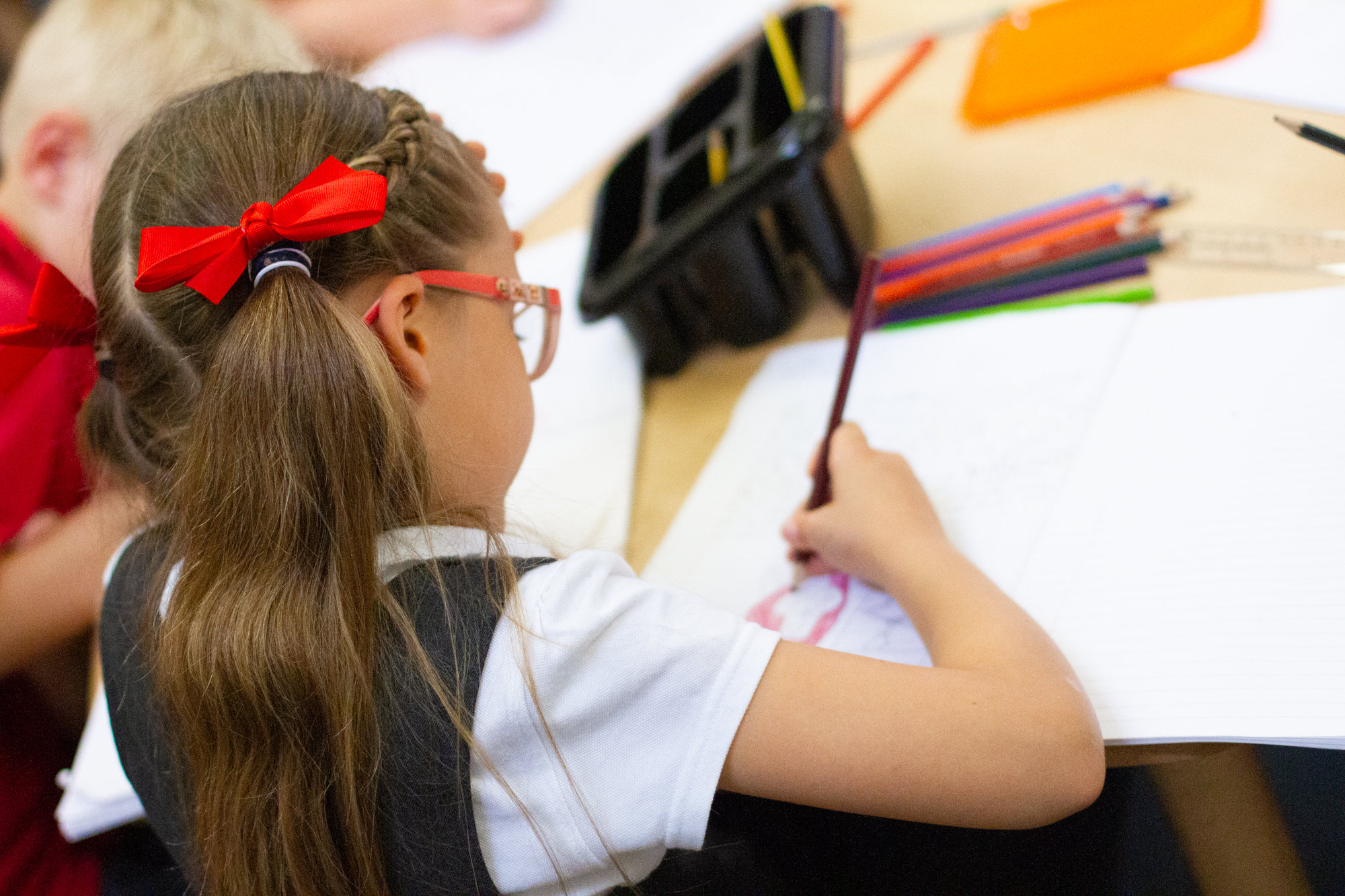'The more you know about the past, the better prepared you are for the future.' - Theodore Roosevelt
How history supports our school's vision:
In history, pupils are encouraged to question their understanding of the past allowing them to enjoy all that history has to offer. We want to spark children's curiosity about their learning of the past and to foster a love of learning of this subject which will remain with them and prepare them for the next stage of their learning journey. The study of our history is a way to put the pieces of the past together and show how we came to be where we are today. We aim to enrich, delight and promote a desire for knowledge from our future historians here at Aberford.
Without History, there would be no future!
At Aberford C of E Primary school, we have mapped our history curriculum over a two-year rolling programme to ensure children build their knowledge, skills and vocabulary from the year before. We ensure progression in each year group and assess the pupils in a variety of ways to inform our future planning and lesson delivery.
We believe it is important that our children develop a strong set of values and principles, and that they question and understand what it means to grow up in British society. Through a rich and challenging history curriculum, and through a focus on key events in British History, we invite pupils to reflect upon their role in a diverse, multicultural and multi-faith society. The past was full of diverse people and our pupils are entitled to learn about this diverse past. In our history lessons, we aim for our children to see their connection to the past and to understand the world today.
We support our pupils to develop a deeply embedded appreciation of the values of fairness and democracy through our history curriculum.
Knowledge at the Heart of the Curriculum
Learning knowledge is not an endpoint in itself, it is a springboard to learning more knowledge. Each unit in our overview is underpinned by rich, substantive knowledge and ambitious vocabulary, whilst also ensuring children are developing their disciplinary knowledge (historical skills). Each unit of work is planned carefully to ensure concepts are taught in optimal order to support children's understanding. As well as developing a breadth of historical knowledge, we want our children to become skillful historians. Each unit of work has an emphasis on historical enquiry where children investigate historically framed questions whilst also developing historical enquiries of their own. Key historical concepts sit at the core of our curriculum to ensure the defining characteristics of the subject are ever-present.
Historical concepts:
Chronological Understanding, Similarity and Difference, Continuity and Change, Cause and Consequence,
Significance, Interpretations and Evidence.
‘Golden Threads’
Our curriculum is refined regularly, but it maintains a consistent knowledge base to ensure conceptual progression. We have identified a set of key historical concepts or ‘golden threads’, that children will repeatedly revisit throughout their time at Aberford. Our golden threads are:
Monarchy and Power
Religion and Beliefs
Invasion and Settlement
Society and Legacy
Exploration and Empire
Each unit will not include every 'thread', but over a year, children will visit each one more than once.

Historical Terms
Substantive Knowledge – knowledge about the past (content)
Disciplinary Knowledge – knowledge about how historians investigate the past and construct claims, arguments, accounts
Substantive Concepts – abstract concepts such as invasion, empire, trade, monarchy. Pupils will explore wide ranging concepts across the curriculum but some will be more frequently encountered (see above)
Disciplinary Concepts – develop pupils’ rational and critical thinking:
- Cause and Consequence
- Change and continuity
- Similarity and difference
- Historical significance
- Interpretations and evidence
National Curriculum Aims for all pupils:
- know and understand the history of these islands as a coherent, chronological narrative, from the earliest times to the present day: how people’s lives have shaped this nation and how Britain has influenced and been influenced by the wider world
- know and understand significant aspects of the history of the wider world: the nature of ancient civilisations; the expansion and dissolution of empires; characteristic features of past non-European societies; achievements and follies of mankind
- gain and deploy a historically grounded understanding of abstract terms such as ‘empire’, ‘civilisation’, ‘parliament’ and ‘peasantry’
- understand historical concepts such as continuity and change, cause and consequence, similarity, difference and significance, and use them to make connections, draw contrasts, analyse trends, frame historically-valid questions and create their own structured accounts, including written narratives and analyses
- understand the methods of historical enquiry, including how evidence is used rigorously to make historical claims, and discern how and why contrasting arguments and interpretations of the past have been constructed
- gain historical perspective by placing their growing knowledge into different contexts, understanding the connections between local, regional, national and international history; between cultural, economic, military, political, religious and social history; and between short- and long-term timescales.
History - Long Term Plans and Progression
Recommended books for History:
Childhood then and now
.jpg)
Castles, Kings, Knights and Queens

Significant Individuals
.jpg)
The Romans
.jpg)
Ancient Civilisations
.jpg)
Ancient Egypt
.jpg)
Stone Age to Iron Age
.jpg)
The Bronze Age
.jpg)
Anglo Saxons
.jpg)
The Vikings
.jpg)
Ancient Greece
.jpg)
The Maya
.jpg)
WW1
.jpg)
WW2
.jpg)
The Victorians
.jpg)
Crime and Punishment
.jpg)
If you have any questions regarding the curriculum we teach, please contact the school directly.
